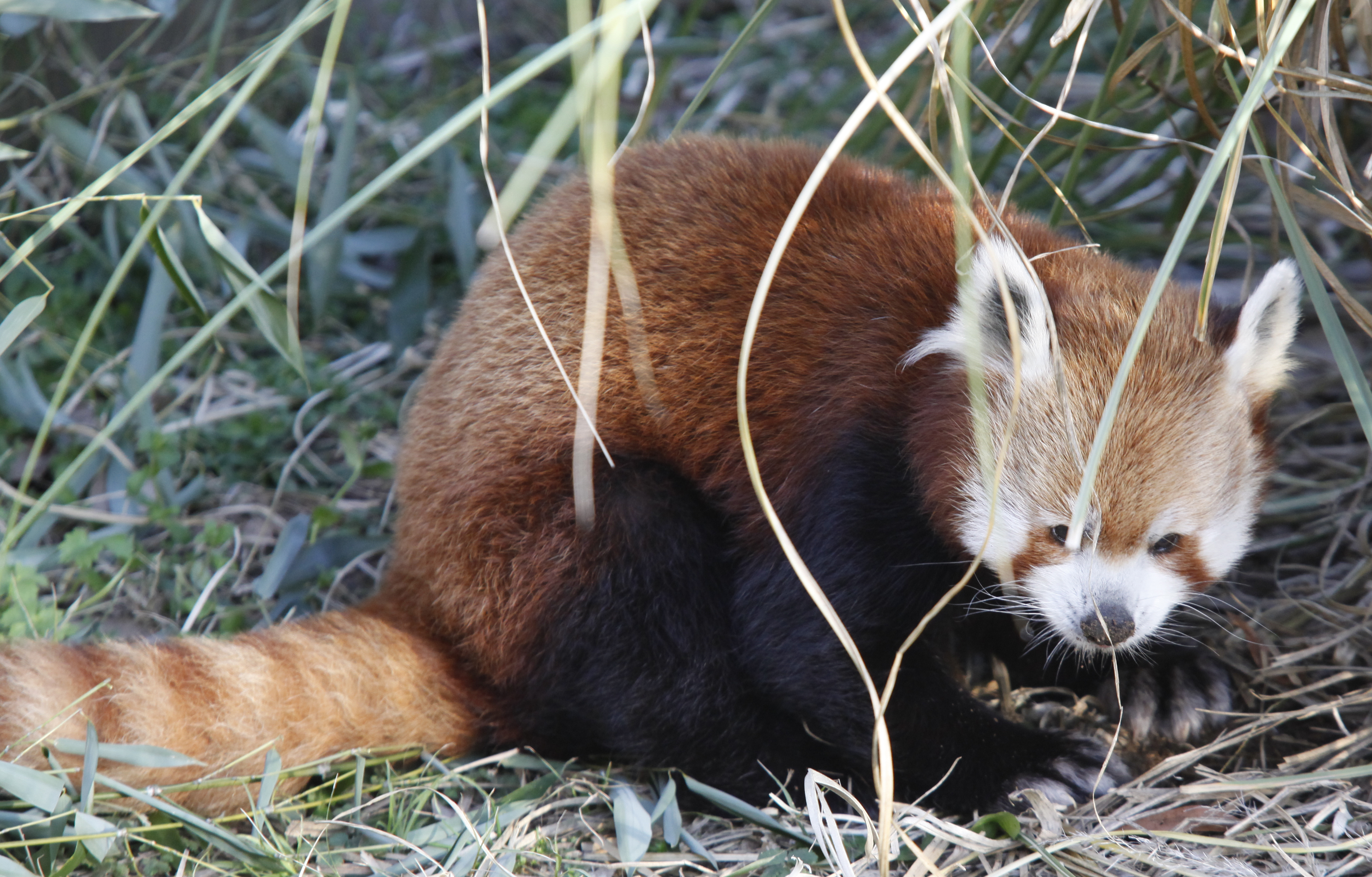One of the Chattanooga Zoo's three endangered red pandas has died and another is seriously ill.
Zoo officials say all the pandas are over the age of 11 -- geriatric for red pandas since the animals normally live about eight to 10 years.
Bella, the red panda who died after fighting a skin infection for more than a year, was 11. The sick red panda, Butch, is 16. In a prepared statement, zoo officials said he is suffering from excess fluid around his lungs.
"The fact that the Chattanooga Zoo's red panda population is so old speaks volumes as to the quality of care they are receiving from our incredibly passionate keepers and veterinary staff," zoo Executive Director Darde Long said in the statement.
On Thursday, zoo officials did not respond to repeated requests for information about how the zoo first got Bella, Butch and the third red panda, as well as what percentage of the zoo's animals are considered "geriatric."
In the zoo's statement, officials said "results from Bella's necropsy showed the stress relating from battling the skin infection was compounded by a rare form of Addison's disease, completely asymptomatic in exotic animals and very difficult to diagnose."
Addison's is an adrenal gland disorder, according to the National Library of Medicine.
Sandra Harbison, spokeswoman for the University of Tennessee's College of Veterinary Medicine, which conducted the necropsy on Bella, said she is awaiting Long's permission to release the results.
The Chattanooga Zoo at Warner Park has come under fire since January 2011 when its signature animal, Hank the chimpanzee, was found dead. The chimp, too, was geriatric at 42, and he died of a heart condition.
Although his death was deemed to be from natural causes, it unleashed a barrage of complaints by zoo workers, former employees and even visitors about conditions there. In just a few weeks before Hank's death, at least nine other animals had died.
From September 2010 until August 2011, U.S. Department of Agriculture zoo inspectors pelted the zoo with five inspections and 21 "noncompliance" findings, including one observing that the zoo did not have enough hay on hand to feed animals even for a few days.
But the last inspection -- in August -- gave the zoo a perfect record with no noncompliant findings.
Long, through board member and spokeswoman Robin Derryberry, declined last month to talk about the turnaround.
On Thursday, Steve Feldman, spokesman for the Association of Zoos and Aquariums, a trade group which accredits zoos, said AZA's reinspection was completed last month. A hearing to decide whether the zoo will continue its accreditation will occur in March.
Feldman said captive animals often live longer than those in the wild. That leaves many zoos coping with geriatric issues, he said.
After last year's deaths, zoo board members and officials said the facility might have to reassess its policy of taking in many animals that are older or already ill.
The zoo's statement on Thursday said "a handful of other species" at the zoo are living well past their average life span. Suzie Q, a water monitor lizard, is already three years past the species' average 20-year life span. Jack, a spider monkey, is 36, far beyond the average life span of 20.
"The Chattanooga Zoo is taking the necessary steps to modify each animal's care as they age," according to the statement.
"These modifications include food and diet, more frequent blood work, minimizing the use of sedative procedures, modifying their habitats, and a closer observation overall by keeper and veterinary staff."

